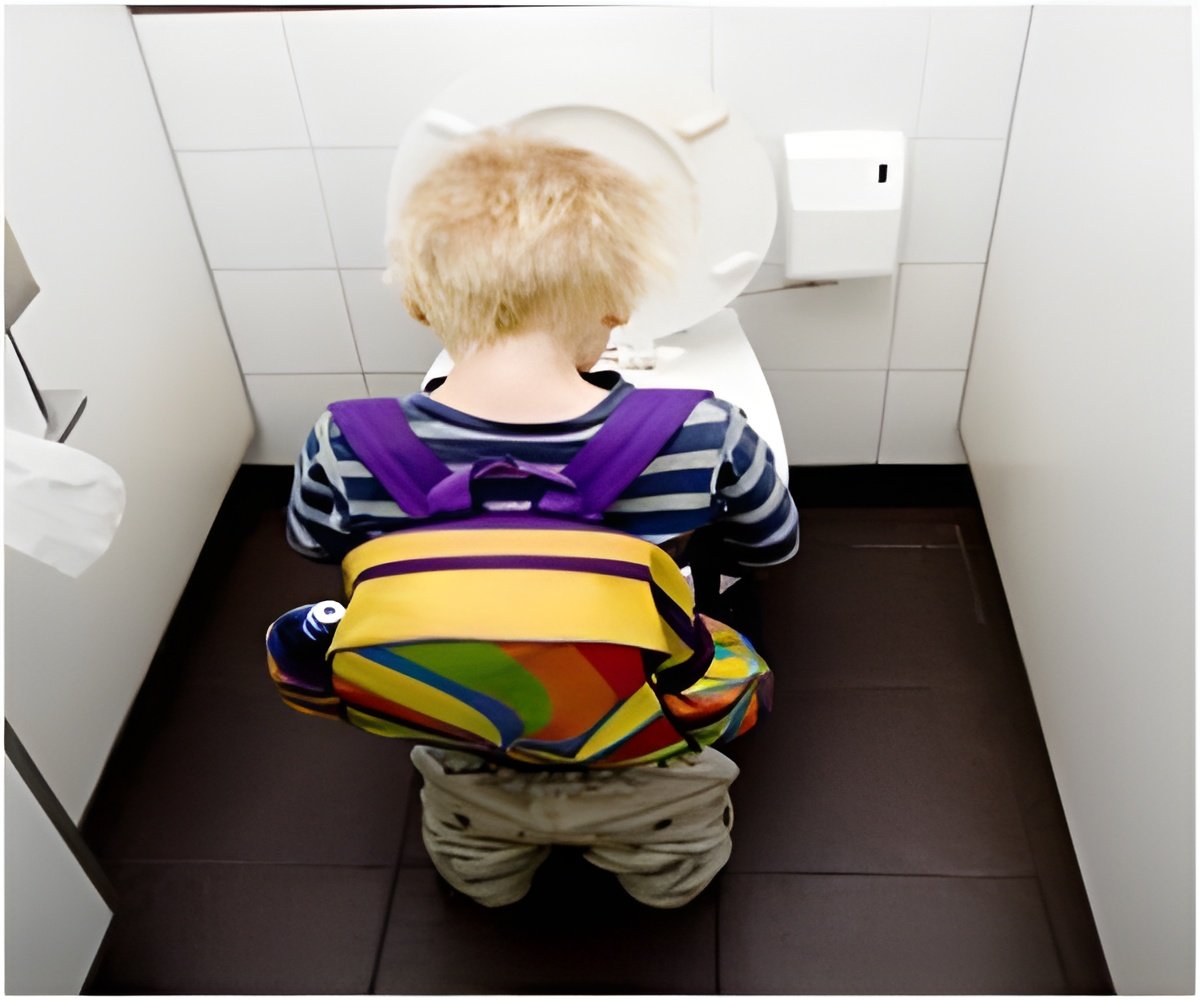Less than 8% of nurses reported that their schools have a written policy on student bathroom use (64% reported no policy, 28% were unsure).

‘Restricting access to the bathroom forces students into unhealthy toileting habits, such as holding in urine, which may create health problems that will follow students into adulthood and decrease their quality of life. ’





Less than 8% of nurses reported that their schools have a written policy on student bathroom use (64% reported no policy, 28% were unsure). Nearly half said students have free bathroom access, with permission required only as a formality, while others reported varying timed and supervised bathroom breaks. School nurses reported the following as the top reasons teachers give for restricting bathroom access for students during class:
Students are leaving the classroom for reasons other than to use the bathroom (84%). Students will misbehave in the bathroom (58%).
Students have adequate time to use the bathroom during class breaks (57%).
However, more than a third of middle and high school nurses said they do not believe the break period between classes is long enough for students to use the bathroom. Three-quarters of all nurses surveyed said they are aware of students with bladder or bowel problems at their school and 42% are aware current concerns from teachers, parents/guardians, or students about student bathroom access.
Advertisement
Bathroom access is a problem for some teachers and nurses as well, with 37% of nurses reporting that teachers have discussed their need for better bathroom access and 20% of nurses reporting inadequate time for bathroom breaks for themselves.
Advertisement
When students do not have access to menstrual products, they may be forced to miss class, negatively affecting their education, or to use the same sanitary product for a long period of time, which can result in health issues such as yeast infections, bacterial vaginosis, and, in rare cases, toxic shock syndrome.
"Female students are distinctly disadvantaged by restrictive bathroom policies and the lack of free and easily available menstrual products in school bathrooms," Nebel said. "Some students may not be able to afford menstrual products or they may not be prepared for their period to start at school. Providing these products in school bathrooms can help avoid uncomfortable, embarrassing situations as well as serious health concerns."
In addition to revealing bathroom access and use issues, the survey showed that students, teachers, and even most school nurses are not receiving education on bladder health. Respondents reported:
2% of schools included bladder health education in the student curriculum (67% did not, 31% unsure)
3% of teachers received educational training on bladder health for students (70% did not, 26% unsure)
34% of school nurses received educational training on bladder health for students (62% did not, 4% unsure)
"Educating students, teachers, and school nurses about bladder health will help ensure students are learning healthy toileting habits and hopefully lead to the elimination of restrictive bathroom policies that are harming the health and education of students," Nebel said.
Source-Eurekalert














